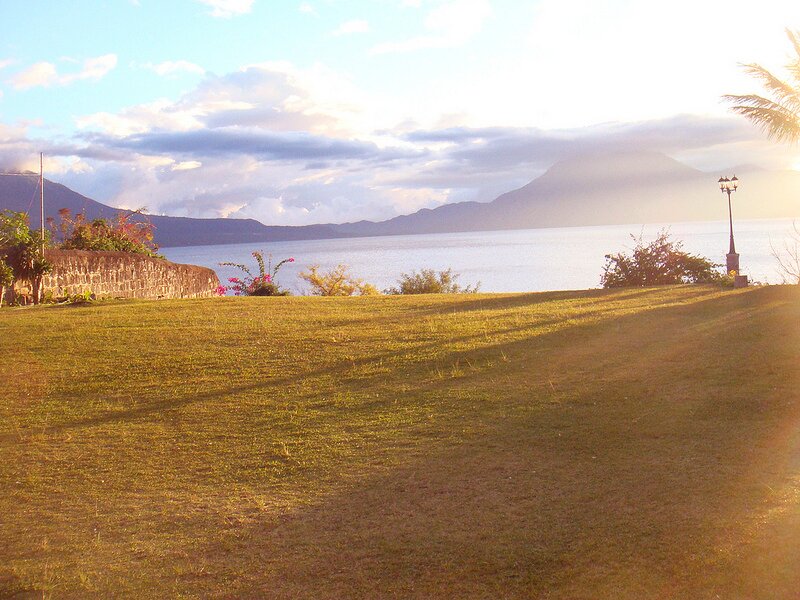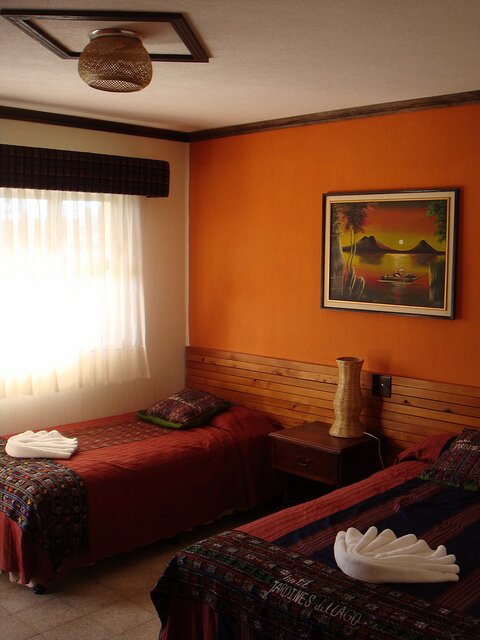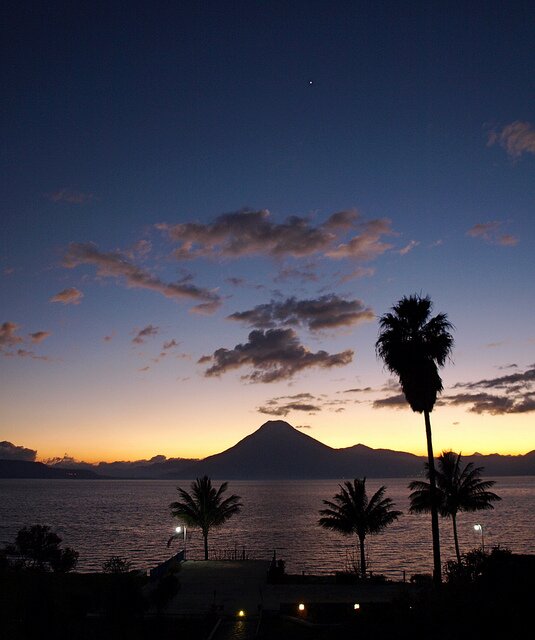Vea esta publicación en español.

From the balconies of Hotel Plaza Colón in Granada, Nicaragua, you can enjoy a cup of coffee or glass of wine while you take a look into the past with a charming view of the Central Park and the Cathedral of Granada.
Granada is a colorful and lively colonial city that was established in 1524 and still has a rich Spanish heritage, seen in its old and elegant architecture.
In Granada you can also enjoy the Lake Nicaragua, one of the largest and most scenic lakes in the world.







 The GSTC created the Global Sustainable Tourism Criteria, which are a set of widely used standards that hotels and tour operators must reach in order to be considered sustainable. More recently, in addition to targeting individual tourism businesses, the GSTC has turned their attention to creating a set of criteria that encompass destinations as a whole.
The GSTC created the Global Sustainable Tourism Criteria, which are a set of widely used standards that hotels and tour operators must reach in order to be considered sustainable. More recently, in addition to targeting individual tourism businesses, the GSTC has turned their attention to creating a set of criteria that encompass destinations as a whole. Last year, the GSTC released a set of draft criteria for sustainable destinations based on input from experts around the globe. All interested persons and organizations were able to comment and suggest improvements during the public consultation phase, which ended last month.
Last year, the GSTC released a set of draft criteria for sustainable destinations based on input from experts around the globe. All interested persons and organizations were able to comment and suggest improvements during the public consultation phase, which ended last month.





 Many hotels (like the ones in the
Many hotels (like the ones in the  Sustainability isn't just about flora and fauna – it's also about supporting local communities economically and culturally. Sustainable hotels encourage their guests to support locally-owned businesses such as restaurants, tour guides, souvenir shops, and more. For those who enjoy working with children, some hotels facilitate volunteer programs at local schools. For example, guests at Los Cardones can accompany hotel staff on their weekly visits to schools, during which they lend books from their mobile library and offer educational activities on varied themes, such as the environment, the arts, sports, English, science, health, careers, and crafts. Guests with special skills are invited to share those with the students, such as playing an instrument, yoga, and teaching English.
Sustainability isn't just about flora and fauna – it's also about supporting local communities economically and culturally. Sustainable hotels encourage their guests to support locally-owned businesses such as restaurants, tour guides, souvenir shops, and more. For those who enjoy working with children, some hotels facilitate volunteer programs at local schools. For example, guests at Los Cardones can accompany hotel staff on their weekly visits to schools, during which they lend books from their mobile library and offer educational activities on varied themes, such as the environment, the arts, sports, English, science, health, careers, and crafts. Guests with special skills are invited to share those with the students, such as playing an instrument, yoga, and teaching English.



